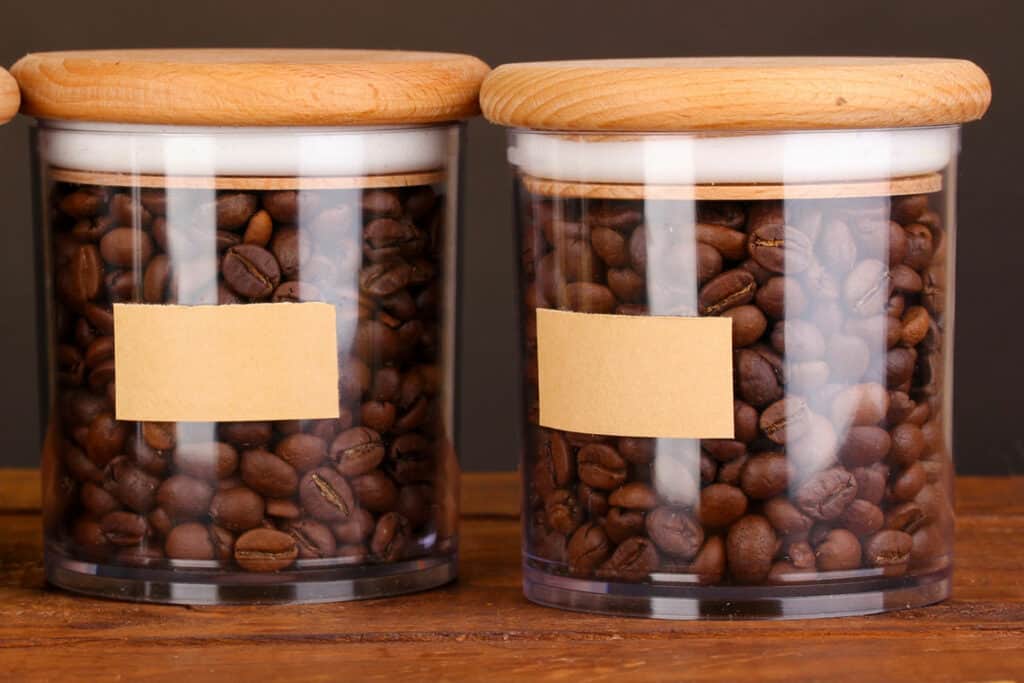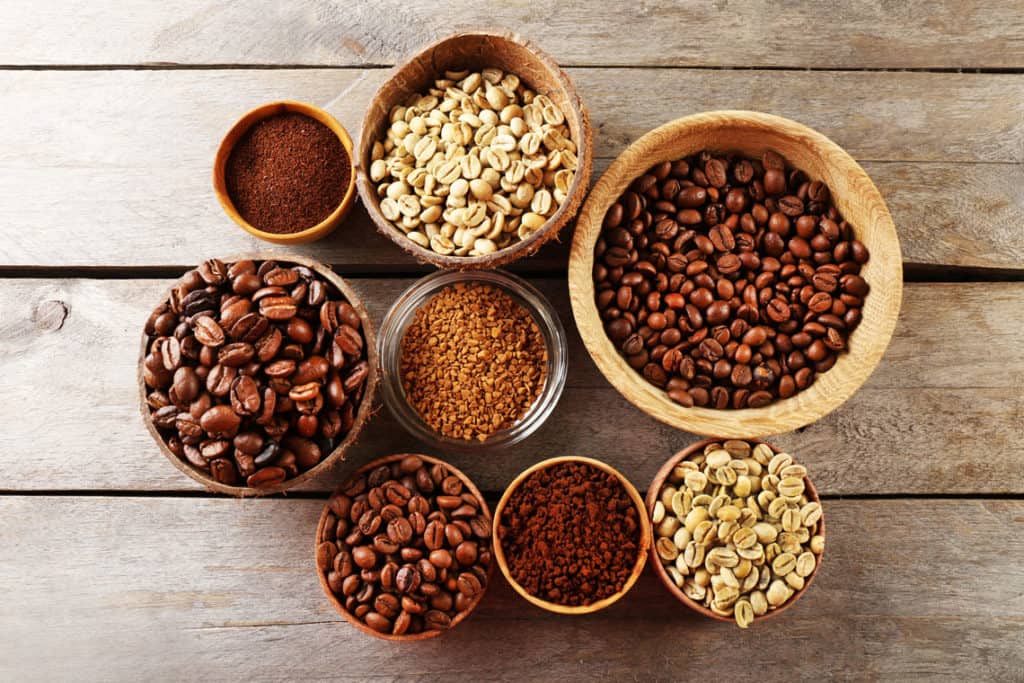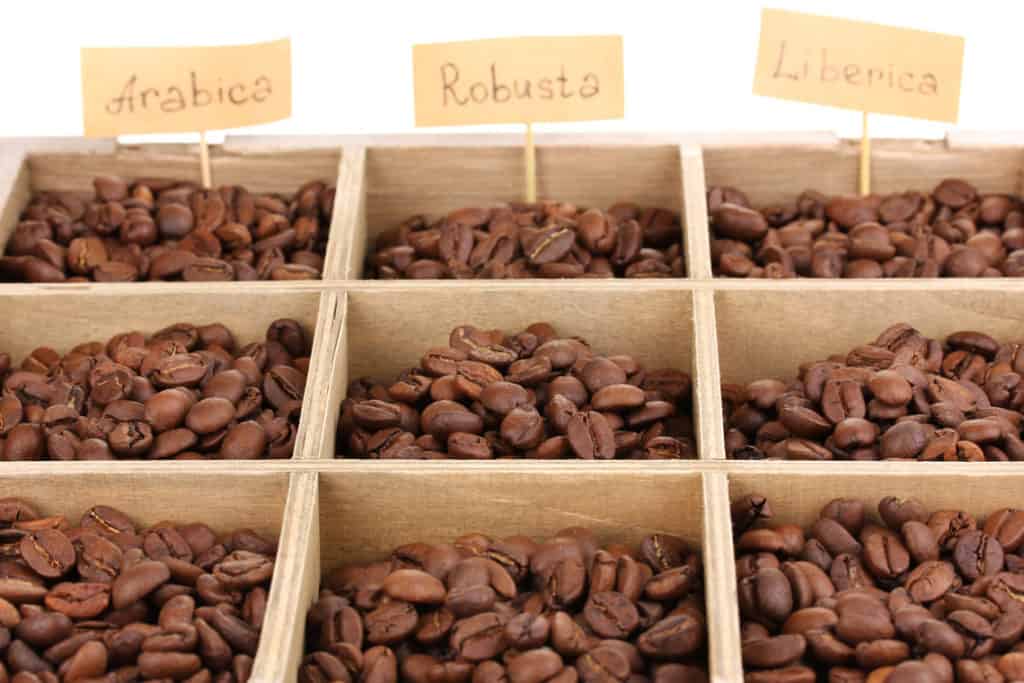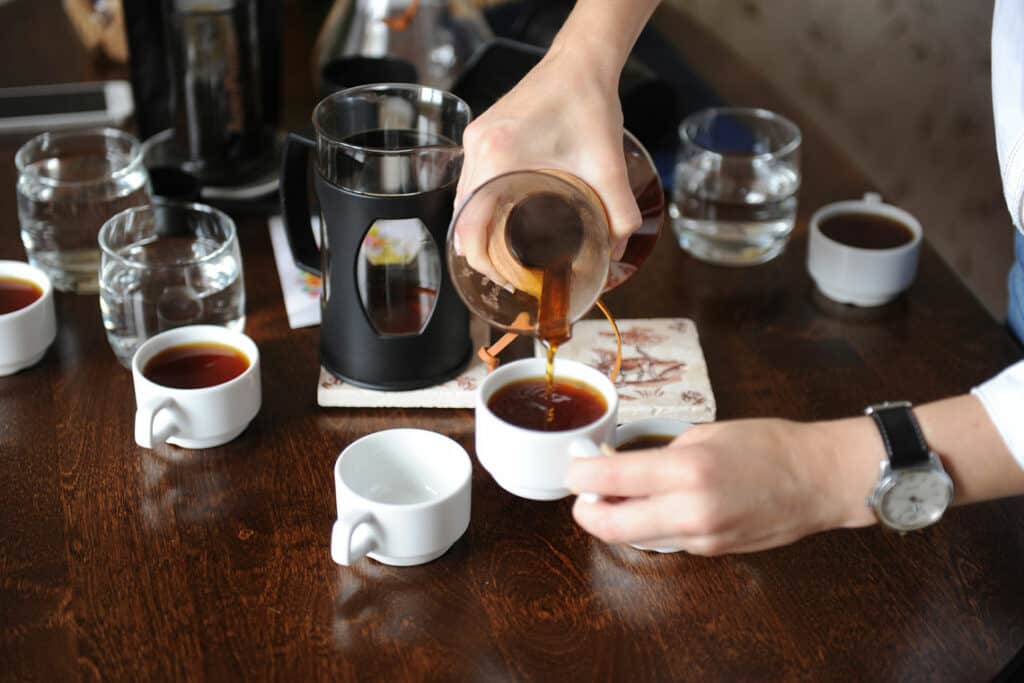If you consider yourself a coffee enthusiast or are venturing into the world of coffee, knowing how to store coffee beans correctly is paramount. It’s not just about prolonging their life but also about preserving their flavor, aroma, and overall quality.
Much like wine, coffee beans are affected by oxygen, moisture, heat, light, and time. And in all honesty, they are a bit finicky and demand specific conditions for optimal preservation. In this post, we’ll delve into the types of coffee beans, their specific storage needs, the best storage containers and locations, and even some handy tips for the best coffee experience.
Types of Coffee Beans
Whether you prefer green, roasted, or ground coffee beans, each has its unique storage needs.
Green coffee beans are raw and have a longer shelf life. Their robust nature allows for more flexible storage conditions, but they’re best kept in a cool, dry place.
Roasted coffee beans are a different story. They are sensitive to air, moisture, and light and should be consumed within a month of roasting for optimal flavor. Ground coffee is even more delicate, with a recommended consumption window of one to two weeks.
Whether you’re buying in bulk or smaller batches, each has its perks. Bulk buying is often cheaper, but buying small means fresher beans each time.
Storage Containers
The secret to maintaining the quality of your coffee beans lies in your choice of storage containers. Aim for airtight, opaque, and non-reactive containers to keep beans safe from oxygen, light, and unwanted chemical reactions.
Glass jars, metal cans, plastic bags, and vacuum-sealed packages are popular choices, with each offering different levels of protection. However, steer clear from clear, porous, or aromatic containers. They can expose your beans to light, allow odors to seep in, or even impart undesired flavors to your coffee.
Storage Locations
Finding the right storage location is as crucial as choosing the right container. Your beans love cool, dry, and dark places. Think kitchen cabinets, drawers, or closets, where temperature and humidity are relatively stable.
Remember, placing your coffee near heat sources, direct sunlight, or next to strong odors is a no-go! These conditions can spoil the flavor and freshness of your beans.
Tips for Optimal Storage
Proper storage practices can significantly enhance your coffee experience. Here are some tips:
- Store only enough beans for a week or two to ensure freshness.
- Retain the original packaging if possible, or label your container with the roast date.
- Avoid exposing your coffee beans to air by limiting how often you open the container.
- Grind beans just before brewing to lock in the flavor.
- For green beans, freezing can extend their shelf life. But remember to thaw them before roasting.
Freezing Coffee Beans
Freezing coffee beans can indeed help extend their freshness and quality, but only for a short period of time.
If you decide to go down this path, there are some crucial steps you need to take to protect your beans from damage:
- Use a Freezer-Safe Container: Choose an airtight, opaque, freezer-safe container. This will protect your beans from moisture and light, two of the major enemies of coffee.
- Portion Your Beans: Divide your beans into small portions that you’ll use in one go. This way, you don’t have to continually expose your whole stash to air and temperature changes.
- Label Your Beans: Don’t forget to label the container with the roast date and the origin of the beans. This will help you keep track of freshness and ensure you enjoy your coffee at its best.
- Thaw Before Use: Always allow your coffee beans to thaw at room temperature before grinding or brewing. This will help them to regain the proper moisture and oil balance.
Disadvantages of Freezing Coffee Beans
Despite these potential short-term benefits, freezing coffee beans is not usually recommended for long-term storage or for high-quality beans. Here’s why:
- Moisture Damage: Freezing can cause condensation on the beans, leading to moisture damage.
- Altered Structure and Oil Content: Freezing can also cause changes in the cell structure and oil content of the beans, affecting their overall taste and quality.
- Flavor and Aroma Changes: Coffee beans can suffer from freezer burn or absorb odors from other items in the freezer, which can drastically alter their flavor and aroma.
So, while it might be tempting to store that extra bag of beans in the freezer, you might want to think twice. The potential drawbacks could end up compromising the very thing you love about coffee – its complex flavor and enchanting aroma.
Conclusion
Storing coffee beans correctly is an art that, when mastered, enhances the flavor and freshness of your coffee. Whether you’re an aficionado or a newcomer, these tips can elevate your coffee experience.
We’d love to hear about your experiences or additional tips on storing coffee beans. Feel free to share in the comments section!
Last Updated on June 7, 2023 by Cristina Vélez




